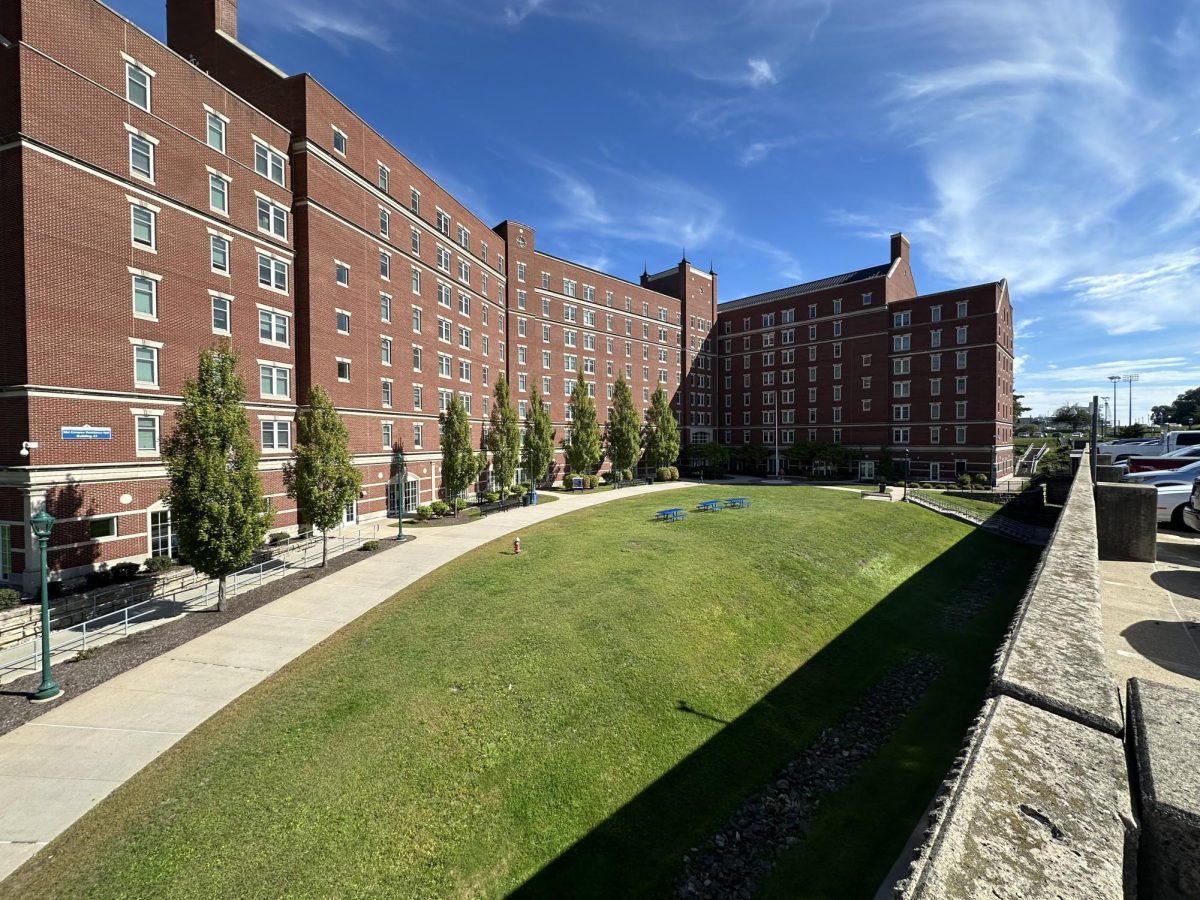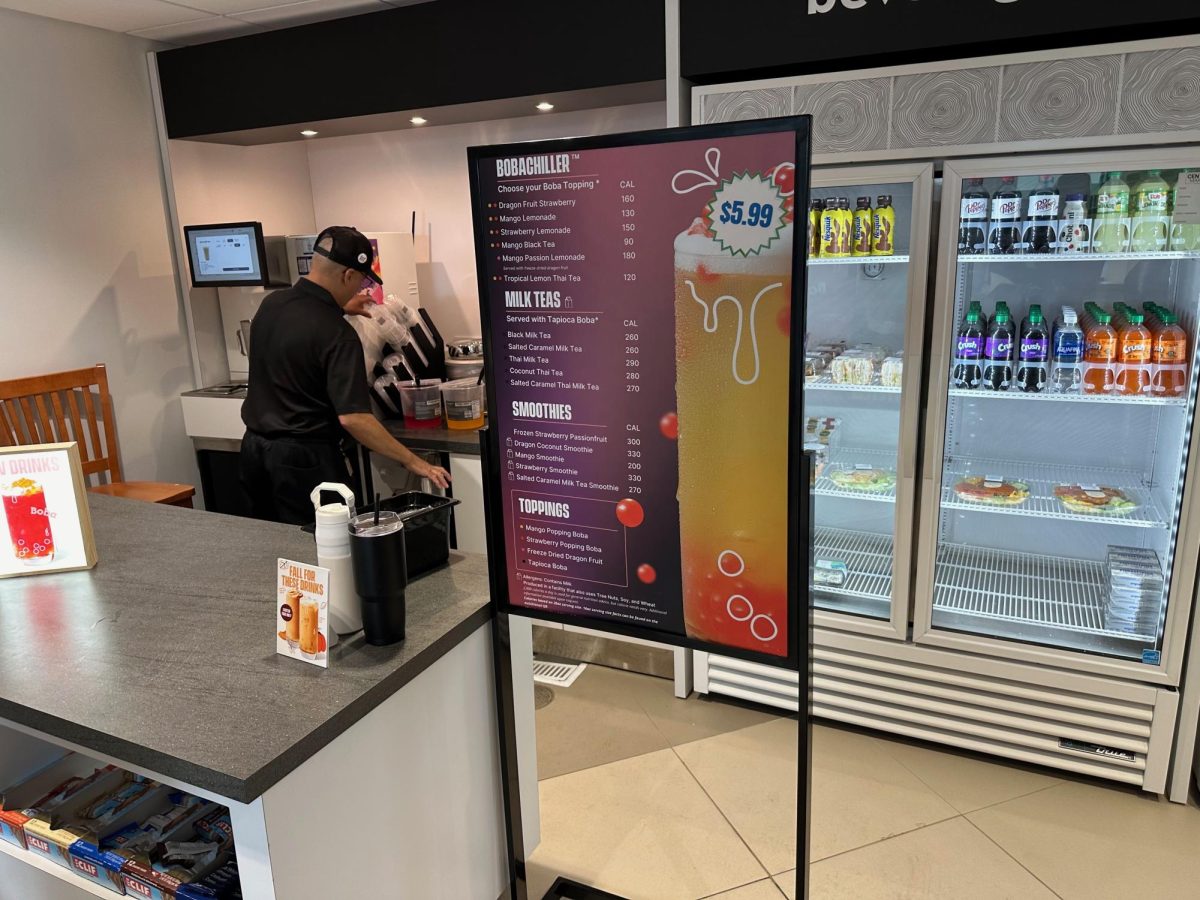By Jason Cunningham
A bachelor’s degree is often thought of in terms of years. How many years does the average college graduate take to get their bachelor’s? Most minds instantly identify that number as four. This, however, is far from the reality for most college students.
“Young people are going off and really haven’t learned to manage life on their own and they, many of them, don’t have the life skills they need to navigate the terrain when they get there,” said Maureen Tillman, Huffington Post contributor and creator of The New York Times Local College Corner.
Tillman has been a psychotherapist, mainly for adolescents, for the past 30 years. Ten years ago she founded a comprehensive psychotherapy service called College With Confidence. The service prepares high school students and their parents for the college transition.
She attributes some students’ prolonged college careers to overprotective parents, saying that “helicopter parents” that have spent too much time co-piloting their child’s academic career through high school will carry that behavior over into their child’s college life. This type of aggressive “helicopter parenting” is now the norm for what many have dubbed “the bubble-wrapped generation.”
Extended stays in college have now become the norm. On average, more students take between four and a half and six years to get their degrees. Central Connecticut State University is no different.
CCSU’s four-year graduation rate sits just below 22 percent for first time students. The rate for college graduation within six years is 49 percent, a 10-point increase since 2005. The numbers for these graduation rates are limited to students who start at CCSU as freshman and continue until graduation, excluding transfer students, part-time students and students who fall into the “swirl” category, meaning that they change schools or majors often.
Though limited, these results do show an overall improvement in CCSU’s graduation rates. Still, these numbers aren’t where CCSU’s Retention and Graduation Council Committee want them to be.
“There is no single objective that we address more comprehensively and continually than the effort to help students persist in school and successfully complete their education,” said Dr. Carl Lovitt, CCSU’s provost, vice president for Academic Affairs and Retention and Graduation Council Committee member.
According to Lovitt, part of this effort is an attempt to fight the “runaround” or the handing off of a student from one office to another. Recent construction on the first floor of Willard Hall has been done to consolidate student support services in order to put a stop to the “runaround.” The floor has a suite of new offices for student services that range from tutoring at the writing and learning centers to advising for transfer students and students who are military veterans.
“We do pay attention to student satisfaction surveys and so three years ago we woke up to the fact that students were consistently rating us poorly on advising, so as a result of that we completely reorganized a new unit, which we called the, the CACE, the Center for Advising and Career Exploration,” said Lovitt.
As a result of the reorganization, every incoming freshman has to go to CACE for advising. Even if they have already declared a major, they can’t be assigned an academic advisor without going through CACE, literally meaning that all full-time, first-semester freshmen must meet with a CACE advisor to help them plan their first 15-credit schedule. This advising takes place in the summer before the student’s first semester on specified advising days.
“Every freshman is going to get a uniform advising experience there and a career exploration experience and you will remain with CACE until you have declared a major and had some kind of preliminary career orientation,” said Lovitt.
In addition to these attempts at improvement, new software has also been recently implemented to interface with CCSU’s current degree auditing system. The software looks at the entire student body and all of the requirements that every student needs to fill. With this software a projection can be created to determine what students’ needs are across the campus. This helps the university and its professors schedule courses during the upcoming semester to fit those needs. The hope is to make advising easier for both advisors and students.
“My advising experience has been very pleasant,” said Benjamin Harvey, a criminology major in his junior year expecting to graduate in spring of 2012.
Harvey has been in college for four years. He started college when he was sixteen, enrolling part time in classes at Manchester Community College while finishing his homeschooled secondary education.
“I try to stick with one person because that advisor knows my case the best and I’ve gone to her the most. In fact, she’s the only person I’ve gone to…She knows what course I’ve taken front to back,” said Harvey.
He says that him and his parents are “on the ball” with what courses he needs, taking semester specific courses as soon as they’re posted. Harvey has been able to maintain a 4.0 grade average while being enrolled in five courses despite his disabilities.
“Disability services at both Central and MCC are exceptional,” said Harvey. “I really like people I’m working with, they seem to be very open minded, they seem to be flexible. I really like how they listen to what I have to say, listen to what my needs are. I don’t think I have a lot of needs anyway. I just need a special table and chair because I write with my feet.”
Harvey’s extended stay in college isn’t for the typical reasons, but he’s managed to work through his courses on a committed schedule that he says will get him out of CCSU and into a job.
Lovitt says that CCSU also plans to implement midterm progress reports during the semester so that students can better know where they stand in their courses. The Connecticut State University Board of Trustees also passed a resolution that all students who have remedial requirements must meet them before accumulating 24 credits or they have to leave their school, meaning that those who aren’t ready to take college courses won’t waste time bouncing around in the systems and hanging onto their enrollment by the skin of their teeth.
These changes are hoped to put all CCSU students on a track to graduate in a timely fashion based on the student’s needs, career goals and financial situation. In the meantime, the Retention and Graduation Council Committee will be watching the numbers and looking for other areas to improve upon to bring the graduation rate up and the number of years a student spends in pursuit of a bachelor’s degree down.


